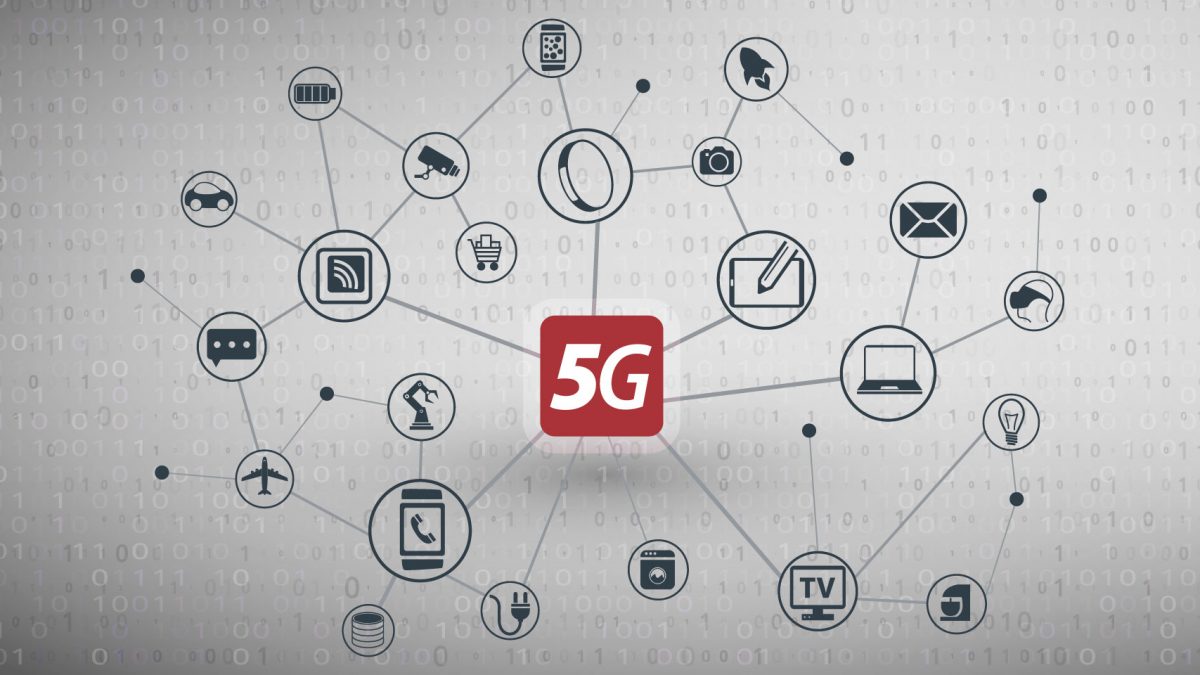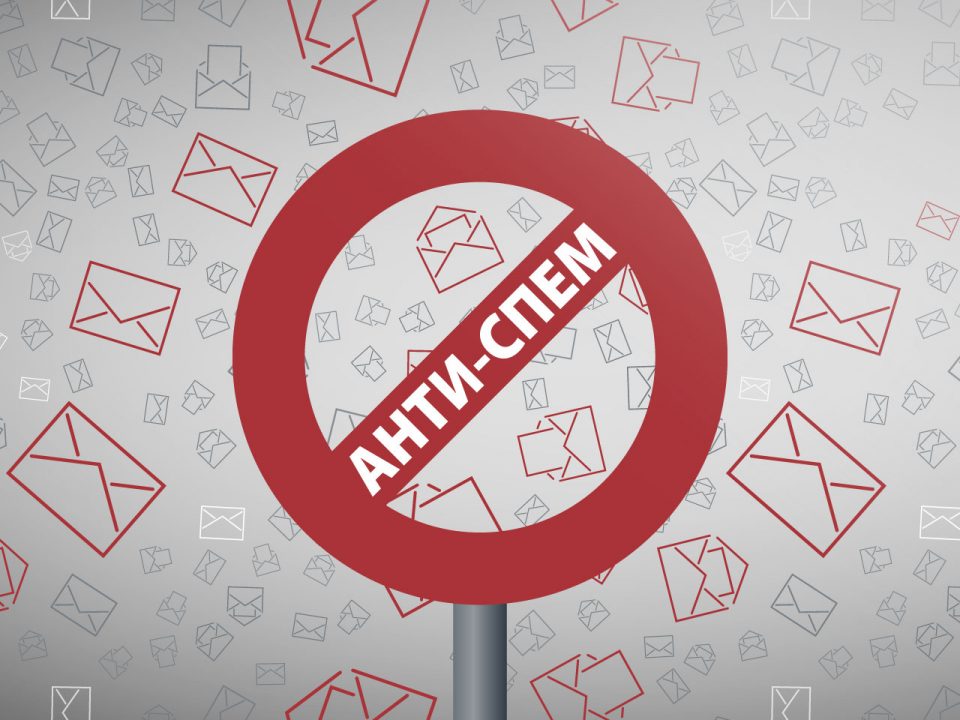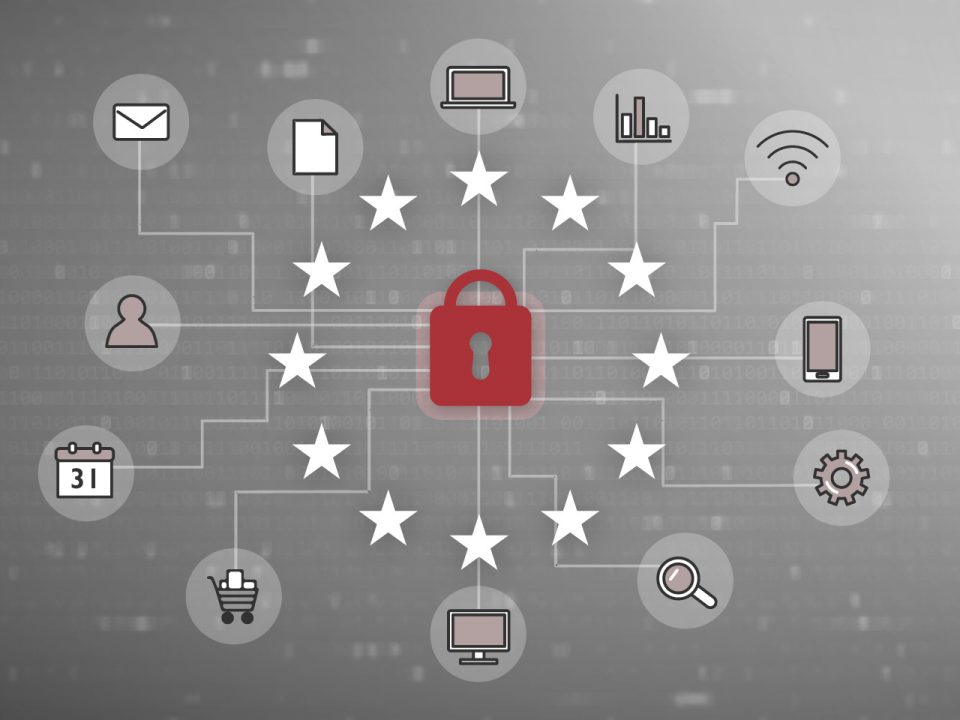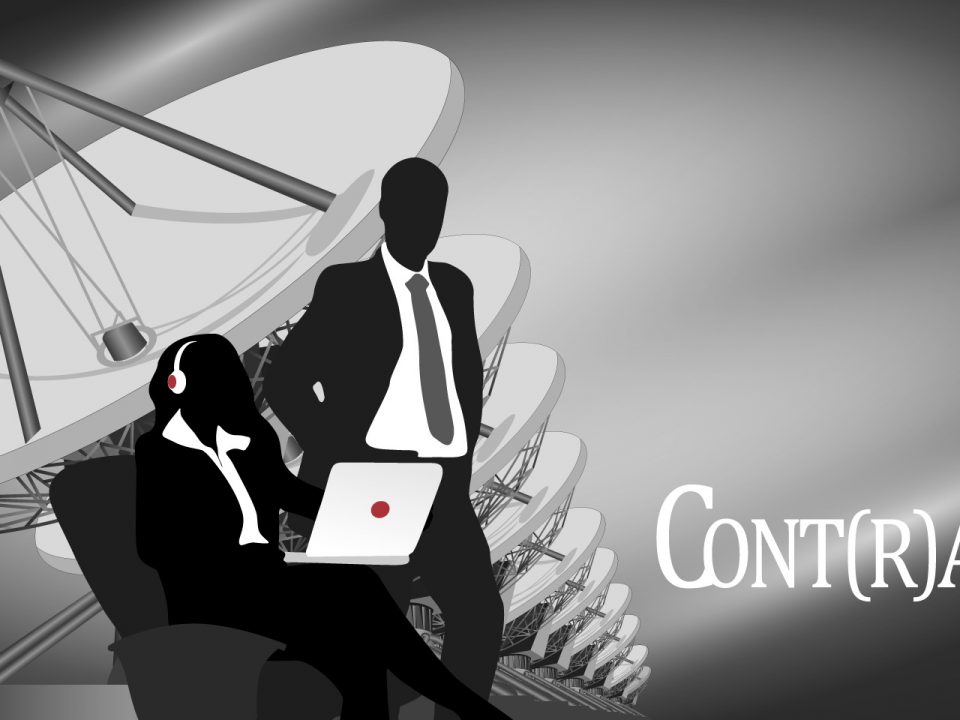5G network in Serbia – status and what now?


Introduction
At the beginning of last year, a tender for a concession over 5G frequencies was to be held for the territory of the Republic of Serbia.
Because of the pandemic that tender was first rescheduled for the end of last year, but further rescheduled a little bit later.
Therefore, the focus of the Ministry of Trade, Tourism and Telecommunications has shifted to full coverage of the territory of Serbia with broadband, while 5G is currently a secondary topic, at least in 2021.
This is of course (as it should be), explained by the fact that it is necessary that all citizens, including citizens living in rural areas, should have access to adequate broadband internet network to be able to function as citizens, employees, and students during the extraordinary circumstances to which we are exposed due to COVID pandemic and online business, i.e., teaching and schooling.
In that sense, the Ministry has announced a tender for broadband coverage, to which Telekom Serbia and SBB have applied.
However, in our market there are also other participants who are in an advanced stage of testing equipment for 5G technology and in this internet game it seems to us that the level of excitement is slightly raised, not to mention the adrenaline, with the main question: who will be more competitive in the market – broadband internet or 5G internet?
Of course, experts understand these two technologies are complementary to one another, that is, that a 5G network that requires a larger number of base stations can only be better with broadband internet.
So, according to current announcements, the construction of the fifth-generation mobile network in Serbia, known as 5G, could start in 2022 at the earliest.
According to the latest announcements, SBB also announced its participation in the future tender for 5G.
Washington Treaty
Of course, politics is always an important factor in the economy, and as in other industries (such as gas), the interests of important political and economic forces, such as the United States, EU and China, are interrelating.
In September last year, the Treaty was signed in Washington by the so-called Kosovo and the Republic of Serbia with the US Government, headed by Donald Trump.
Among other things (the penultimate paragraph on the first page), the parties agreed to ban the use of 5G equipment procured from „untrusted vendors“ or, if such equipment is acquired, to remove it by joint efforts.
Obviously, the definition of „untrusted vendors“ is not given in the Treaty and so the question is raised how to perform such provision in the future, especially now when a shift in the politics of the United States has taken place with new President Joe Biden at the helm.
In any case, exciting time is ahead of us, not only for us citizens who are users of 5G technology, but also for the economic participants in the 5G tech market.
Internet of things (IoT)
After this introduction, can you imagine that in near future in Serbia, for example, your refrigerator (as hardware) that has software in it, can recognize alone which groceries are missing in it, order these groceries according to predefined parameters, make a payment (!?) because it is connected to your credit/debit card or account, without you having to worry about such processes at all (?!).
This is, of course, possible even now without 5G technology, especially through software, although, to be honest, sensor hardware is lagging behind software development for now, but 5G technology will certainly be rocket fuel for many industries and will mark a new technological chapter everywhere, even in Serbia.
Technology is a „game changer “as it is also the case with 5G technology, it will mark new winners or losers in such process, and as with Darwin, only those who are adaptable will survive and in the history of corporations you always have examples of those who have not adapted (Nokia, Kodak, then Sony which did not foresee iPod, yet before that it had Sony Walkman etc.).
Zoran Naumović, Attorney at Law
The author is an honorary member of the Serbian group of the Trilateral Commission


